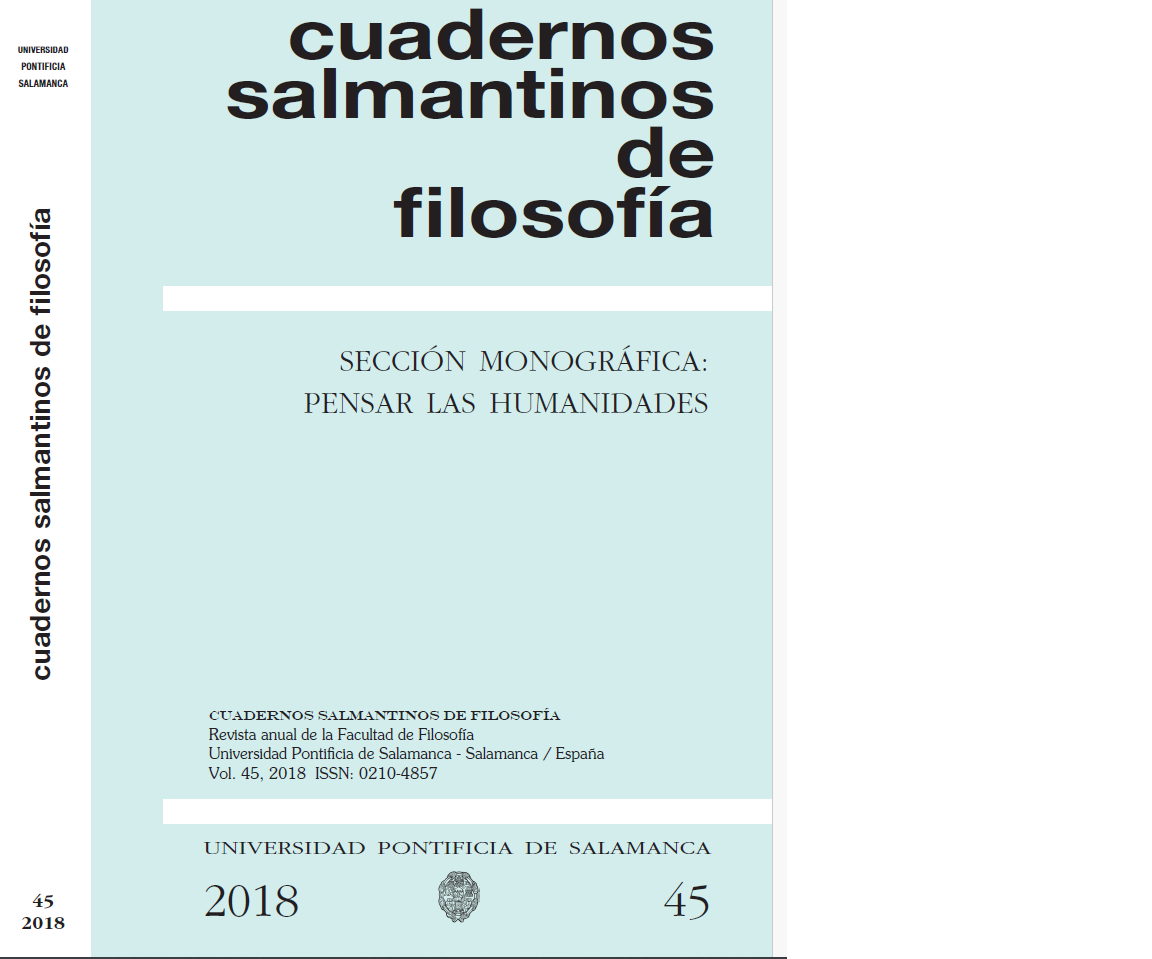Simone Weil a philosophical and social approach to work
Main Article Content
This article seeks to show that in Simone Weil’s philosophy, a reflection on the notion of work is essential. The author sees clearly that when work becomes alienated, it results in a social oppression. And this is rather unfortunate for the worker since he would be deprived of his own personal dignity. When work is alienated, it is a consequence of the work rationalization and mechanization of industries. Thus, making those who succumb to it, experience a feeling of slavery and a loss of their human dignity. It is seen as something which is being imposed upon them, and from which they cannot escape. True work, on the contrary, is creative because it does not refrain the person from thinking. Rather it guarantees the unity of thought and action.
Article Details
References
CAMUS, A., OEuvres complètes d’Albert Camus, III. Paris: Club de l’Honnête Homme, 1983.
CHENAVIER, R., “Justification philosophique du travail, critique sociale du travail”. Cahiers Simone Weil, XXXIII, 1, 2010, 79-96.
–, Simone Weil. Une philosophie du travail. Paris: Cerf, 2001.
GABELLIERI, E., Être et don. Simone Weil et la philosophie. Paris: Peeters, 2003.
–, Penser le travail avec Simone Weil, Bruyères-le-Châtel: Nouvelle Cité, 2017.
LITTLE, J.P., “Action et travail chez Simone Weil”. Cahiers Simone Weil, II, 1, 1979, 4-13.
–, “Albert Camus, Simone Weil et la tragédie moderne”. Cahiers Simone Weil, XIV, 2, 1991, 107-117.

